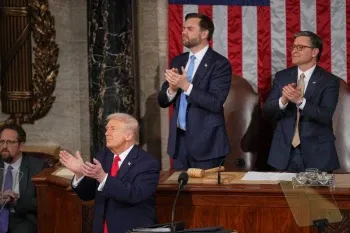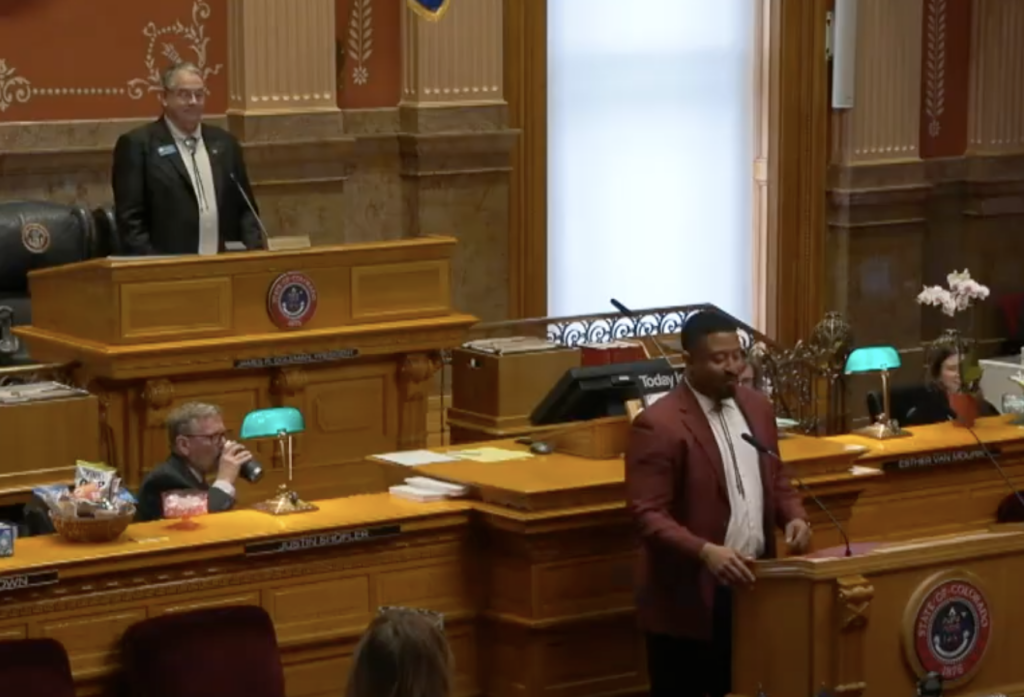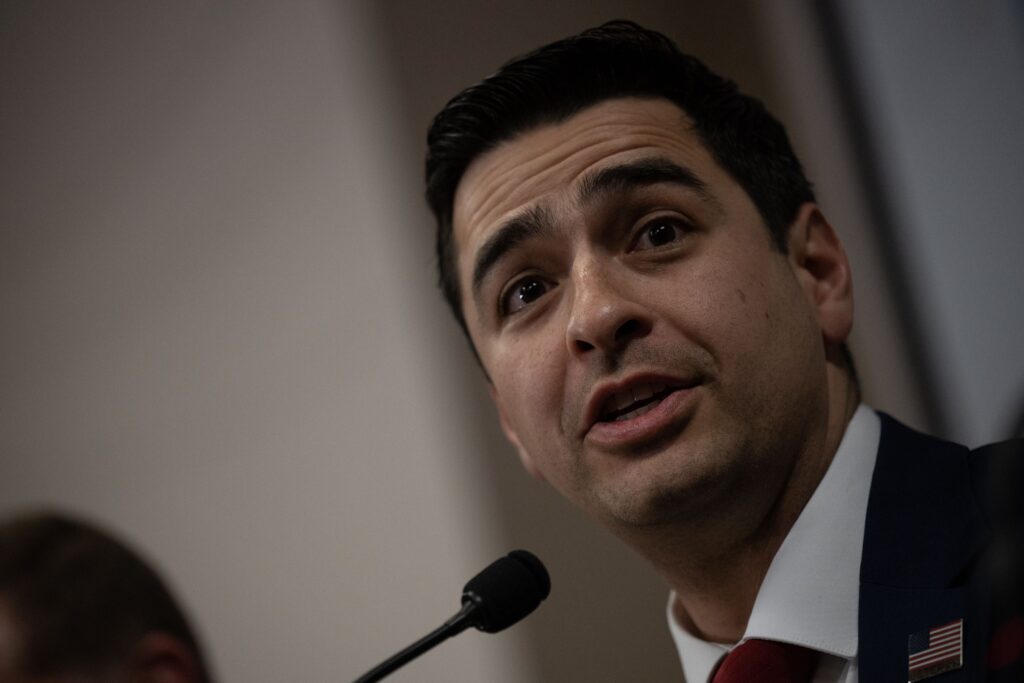Fully fund state’s public worker retirement coffer


The COVID pandemic created a financial crisis, which threatened lives and devastated the personal finances of too many Coloradans. The damaged economy forced substantial cuts to crucial state programs, including the Colorado Public Employees’ Retirement Association (PERA), which is our public pension and retirement system.
PERA provides retirement and other benefits to more than 630,000 public employees. These employees contribute a significant percentage of their salary to PERA and are people who provide critical public services. They include public school teachers, state troopers, snowplow drivers, first responders, corrections officers and numerous other public servants across the state. Importantly, over 128,000 retired Coloradans depend on PERA.
In 2018, we made a promise to Coloradans to fully fund PERA with the passage of Senate Bill 200 (SB200). At that time, PERA was underfunded by approximately $50 billion. Its funded ratio was less than 50% and the fund was at risk of insolvency. Moreover, the state’s credit rating had been placed on a “negative outlook” by Standard & Poor’s rating agency.
SB200 was passed to remedy these problems by committing the state to an annual $225 million contribution into PERA to ensure it would be fully funded by the year 2048. Additionally, if at any point the fund ceased to be on track for full funding, retirees were required to have mandated cuts to their cost-of-living adjustments (COLAs), and employers and current state employees were also required to increase their contributions into the system. These requirements created four important automatic levers and ensured shared responsibility to recover and sustain the financial health of PERA.
Unfortunately, however, in the wake of the pandemic’s damage to our economy, and because our state constitution requires a balanced budget, the legislature was forced to make the difficult decision to suspend the state’s required payment.
Since that time, however, our economy has rebounded and economic activity in Colorado is now exceeding pre-pandemic levels. Revenue available to the state is forecast to be strong. In light of our greatly improved financial position, the legislature must hold itself accountable for our responsibilities under SB200, and make up the suspended 2020 payment. Not only is it the right thing to do, but failure to do so could have numerous, significant consequences for all of Colorado.
Failure to make this payment will jeopardize the path to fully fund PERA by 2048. This will create a greater risk that state retirees will have their COLAs cut, that employees will be forced to contribute even more of their take-home pay to PERA and that employers will be forced to allocate an even greater portion of their limited budgets to PERA. It is important to note that in 2020, only the state was able to suspend its responsibilities under SB200. Retirees, employers and employees all retained their relative obligations.
Additionally, failure to make the 2020 payment has the potential to once again place our state’s credit rating at-risk, which could increase our cost to fund public projects. Permanently skipping the payment also places Colorado at risk of a hiring brain drain, as many potential employees will not see Colorado as an attractive employer if they’re slated to receive a lower take-home pay.
Bottom line: failure to make the 2020 payment will be a disservice to the entire state. It’s also prudent timing to make this payment, as the state’s financial position is much stronger than where we were in 2020.
If we’re going to protect our state’s financial future and keep our promises, we must seize the moment in the 2022 legislative session, to stand up for financial responsibility. I urge my colleagues to voice their support for funding PERA.
Shannon Bird, a Westminster Democrat, represents District 35 in the Colorado House.












